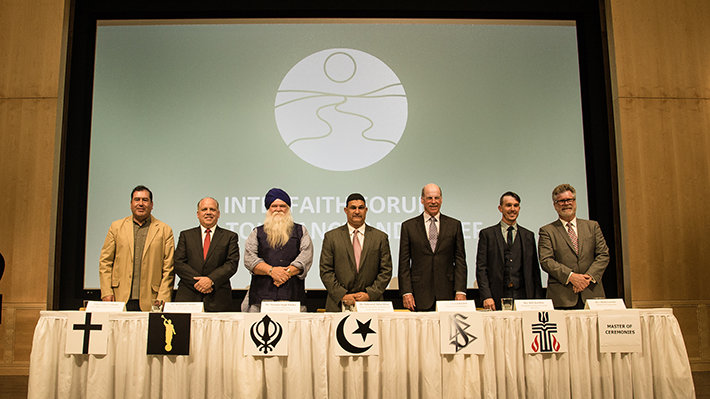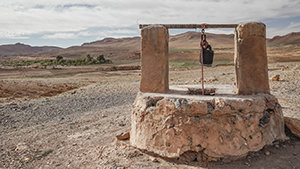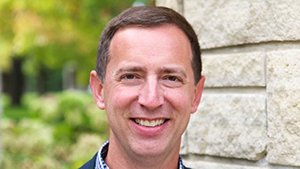
-
HOME
-
WHAT IS STANDOur Mission Our Values Our Help Contact
-
WHAT WE FIGHT FORReligious Freedom Religious Literacy Equality & Human Rights Inclusion & Respect Free Speech Responsible Journalism Corporate Accountability
-
RESOURCESExpert Studies Landmark Decisions White Papers FAQs David Miscavige Religious Freedom Resource Center Freedom of Religion & Human Rights Topic Index Priest-Penitent Privilege Islamophobia
-
HATE MONITORBiased Media Propagandists Hatemongers False Experts Hate Monitor Blog
-
NEWSROOMNews Media Watch Videos Blog
-
TAKE ACTIONCombat Hate & Discrimination Champion Freedom of Religion Demand Accountability
Rashad Hussain: The Right Person at the Right Time for International Religious Freedom
The U.S. Department of State functions as a ministry of foreign affairs, looking to what is in the best interests of the United States on the world stage of diplomacy and international relations. The State Department, then, not surprisingly, has ambassadors to nearly 200 separate and distinct countries; but one of those countries cannot be found on any globe or atlas.
It is the “country” of Religious Freedom, and its emissary is Ambassador at Large for International Religious Freedom.
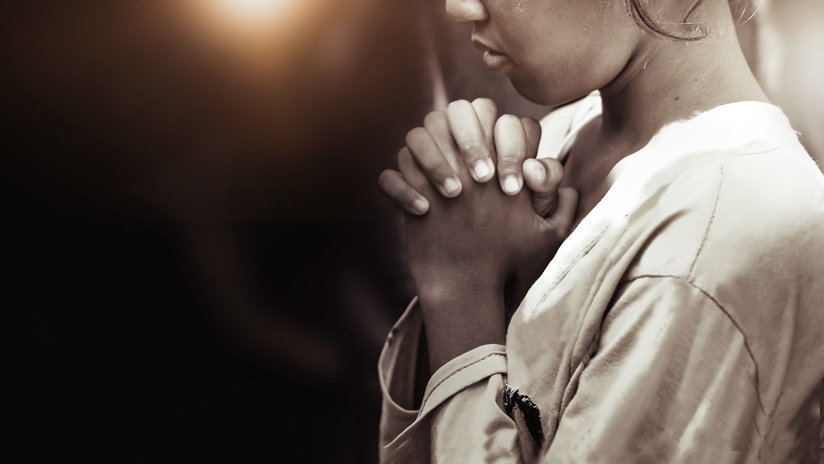
This ambassadorship came into being with the passage of the International Religious Freedom Act of 1998. The Act marked the establishment and promotion of religious freedom not only within our borders where it has long been a cherished right, but also as a vital component of foreign policy. The Act’s purpose reads, in part: “to express United States foreign policy with respect to, and to strengthen United States advocacy on behalf of, individuals persecuted in foreign countries on account of religion; to authorize United States actions in response to violations of religious freedom in foreign countries; to establish an Ambassador at Large for International Religious Freedom within the Department of State.”
There have been five Ambassadors at Large for International Religious Freedom with, notably, Rabbi David Saperstein, who held the position from 2014-2017, as the only non-Christian. Last week the U.S. Senate Foreign Relations Committee held its hearing on the nomination of Rashad Hussain, who would be the first Muslim to occupy the position.
Last week the U.S. Senate Foreign Relations Committee held its hearing on the nomination of Rashad Hussain, who would be the first Muslim to occupy the position.
If confirmed by the Senate, Hussain would arguably be the most qualified person ever to hold the Ambassador at Large for International Religious Freedom post. Respected by Muslim and non-Muslim communities alike, Hussain has advocated for Christian rights in Muslim majority countries and has decried anti-Semitism in all its forms, secular and religious.
He has devoted a good part of his life as a passionate and active advocate for religious freedom for people of all faiths, having served as U.S. Special Envoy to the 57-state Organization of Islamic Cooperation and as U.S. Special Envoy for Strategic Counterterrorism Communications. He currently serves as the Director for Partnerships and Global Engagement at the U.S. National Security Council.
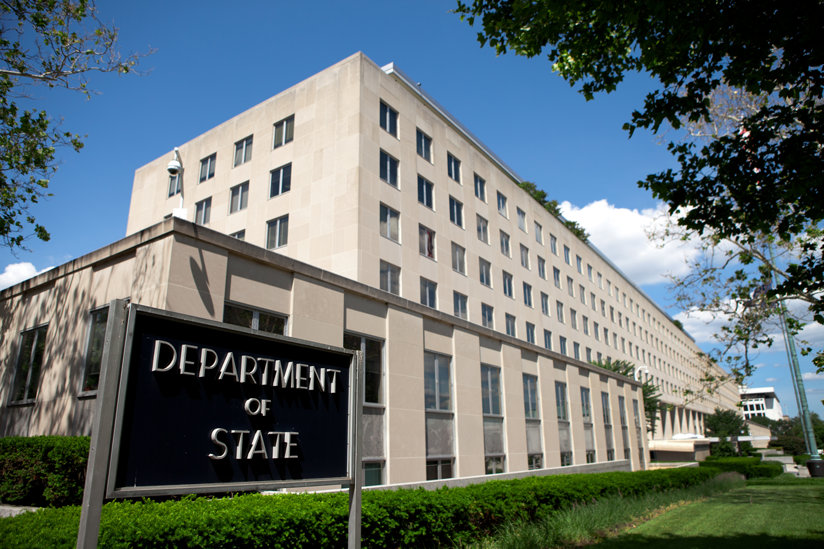
Hussain has straddled the worlds of religion and diplomacy with ease and leadership, earning credibility for his integrity and effectiveness in pursuing a path toward equity and respect for all religions, large and small. He has educated lawmakers and others in government in the inextricable connection between religious freedom and its sisters, human rights and the rule of law.
Mr. Hussain’s nomination has been applauded by the Southern Baptist Convention’s Ethics and Religious Liberty Commission and the Baptist World Alliance, the American Jewish Committee, the Anti-Defamation League and the Union for Reform Judaism, as well as the International Religious Freedom Roundtable, a nondenominational body that advocates International Religious Freedom as a prime element of U.S. foreign policy and which has circulated a letter urging his immediate confirmation.
Hussain has straddled the worlds of religion and diplomacy with ease and leadership.
Rashad Hussain’s family came to this country from India where his father was raised in a village with no electricity. Hussain was born in Wyoming and raised in Texas. He remarked that his mother, a physician, encouraged him to use his life to serve others. His statement to the Senate Foreign Relations Committee includes, in part: “Collaborating with civil society from across the political spectrum to protect international religious freedom and alleviate human suffering has been some of the most meaningful and rewarding work of my life… As part of our opposition to blasphemy laws and the criminalization of free speech, I led a process to end the annual passage of a UN resolution that harmed religious minorities around the world. And along with the Special Envoy to Monitor and Combat Antisemitism, I traveled twice to the Holocaust sites with Imams from the United States and many other countries to address anti-Semitism and Holocaust denial. My work protecting human rights has taken me around the globe... And as a Muslim American, I have seen the impact of bigotry and guilt by association tactics used against minority communities, including the message it sends and dangers it poses to young people. Far too many people around the world continue to face arrest, torture, discrimination, and even death on account of their beliefs. Antisemitism, Christian persecution, anti-Muslim hatred, and other forms of intolerance are on the rise. A staggering eighty percent of people worldwide live in environments with high or severe restrictions on religious freedom.”
The world just celebrated International Religious Freedom Day, marking the 23rd anniversary of the establishment of the International Religious Freedom Act.
How appropriate would it be, to honor this moment, to hand the reins of representation of that most important of all countries, Religious Freedom, into the capable hands of Rashad Hussain?






